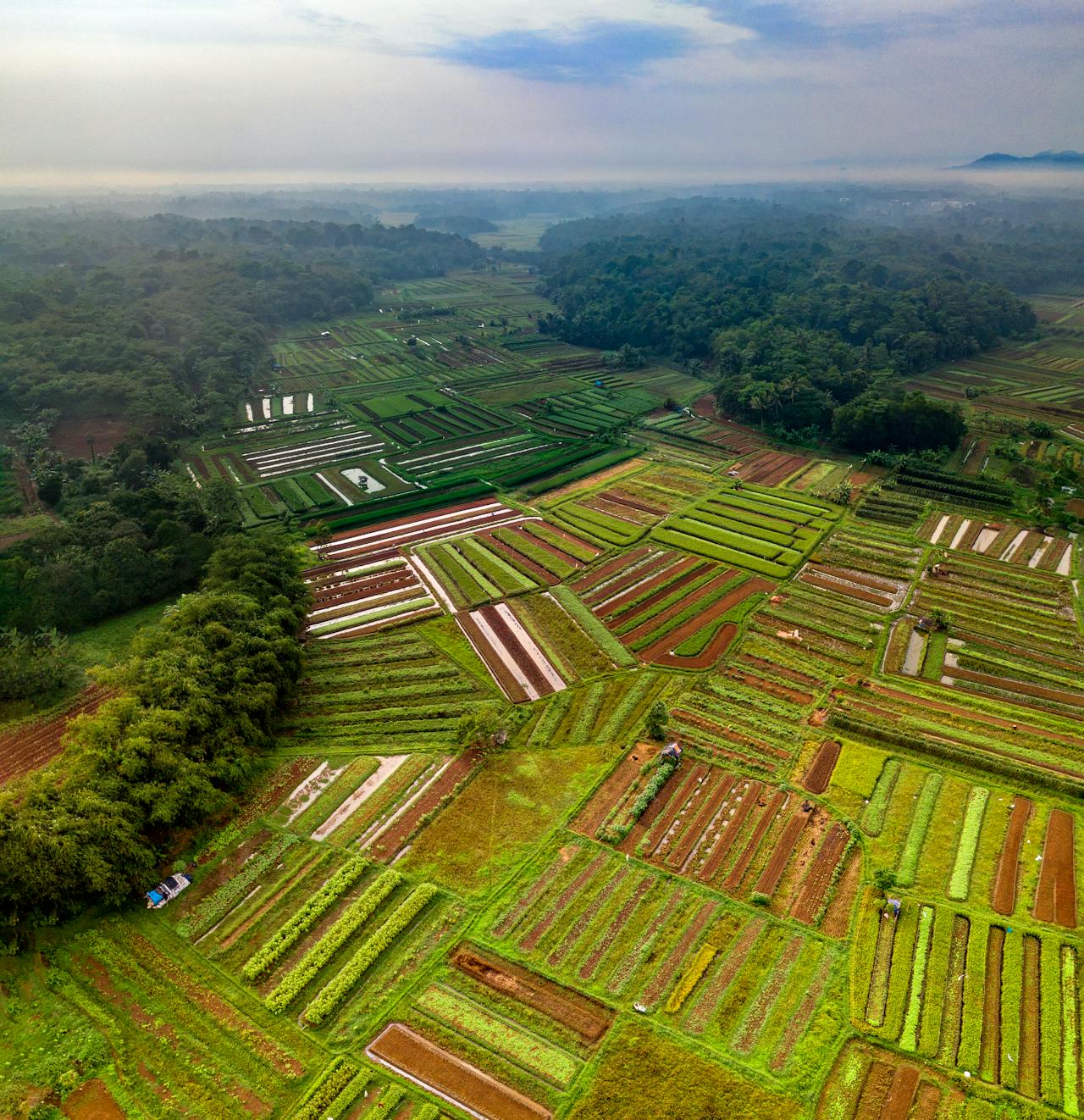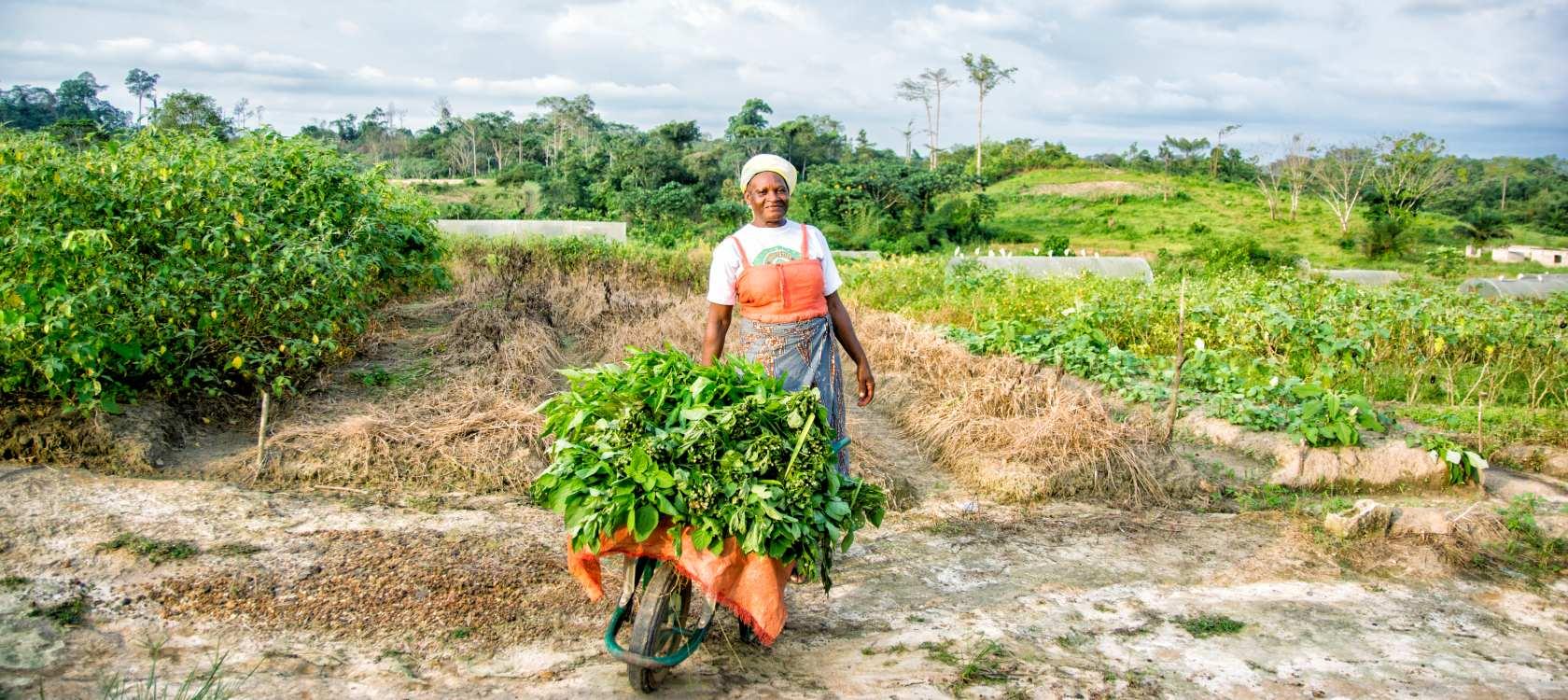The management of natural resources in agricultural areas in Africa is crucial for ensuring long-term sustainability and food security on the continent. Faced with various challenges such as climate change, deforestation, and soil erosion, a proactive approach is necessary to preserve the productive capacities of farmland while protecting the environment.
Africa has nearly 60% of the world’s uncultivated arable land, but excessive exploitation and unsustainable agricultural practices threaten this valuable resource. Soil conservation techniques, such as agroforestry and minimal tillage, are now encouraged to reduce erosion and improve soil fertility. For example, the technique of farming with cover crops has reduced soil erosion by more than 50% in some regions.
Water management is also critical, especially in drought-prone regions. The construction of small dams, rainwater harvesting, and the use of drip irrigation systems allow for more efficient water use and reduce dependency on irregular rainfall, all while being environmentally friendly.
Crop diversification not only contributes to food security but also to the economic resilience of farmers. Introducing drought-resistant crops and promoting high-value crops are key strategies to reduce vulnerability to climatic and economic hazards.
By advocating these practices, it is possible to promote not only environmental preservation but also an increase in agricultural productivity, which is essential to feed a rapidly growing African population expected to reach 2.5 billion by 2050. Implementing these strategies requires sustained commitment from governments, international organizations, and local communities to transform challenges into opportunities for sustainable development.




